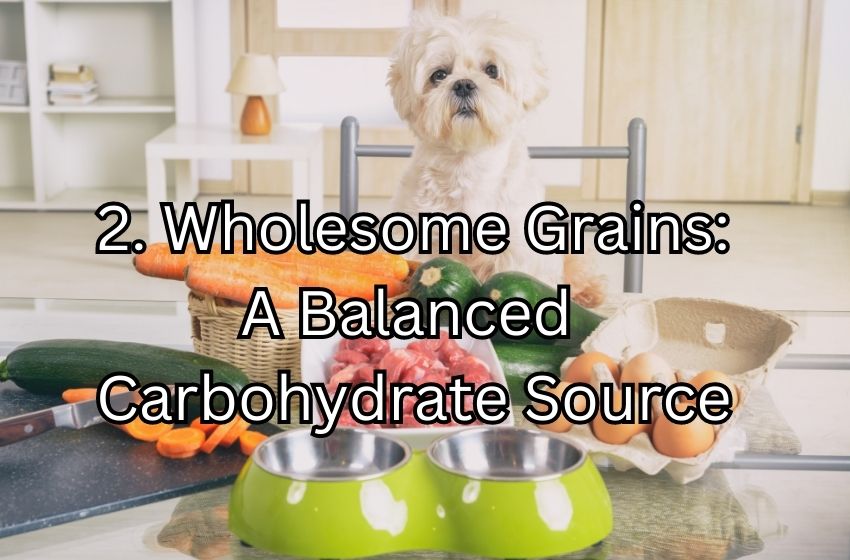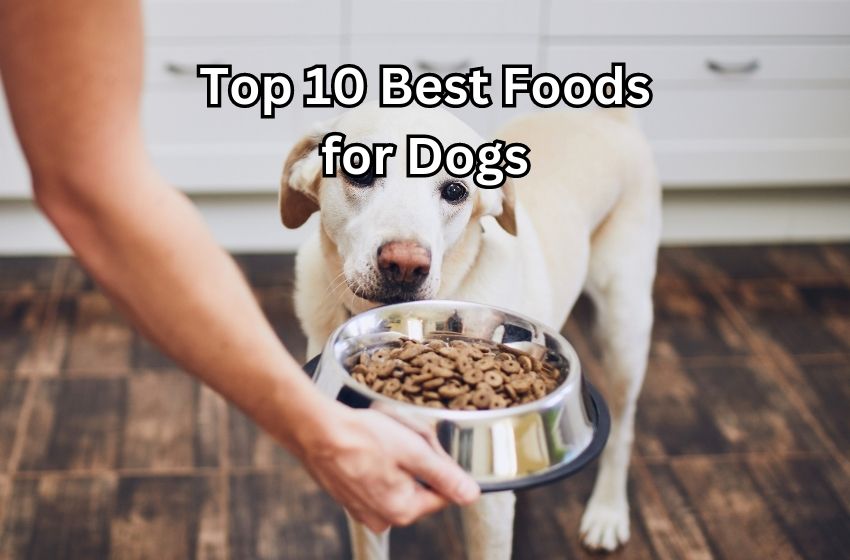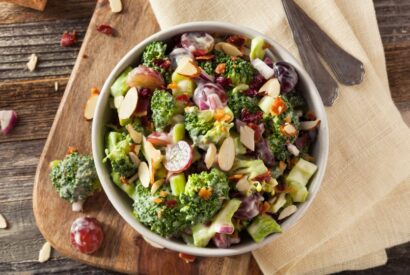As experts in pet nutrition and wellness, we present to you the ultimate guide to the The Top Mejores Alimentos Para Perros. In this comprehensive article, we will delve into the world of canine nutrition. Exploring the best and healthiest options available to provide your canine friend with the best food possible. Our goal is to help you make informed choices that will only add nutrition to your favorite pet.
The Los 10 Mejores Alimentos Para Perros in 2023: A Comprehensive Guide
1. High-Quality Protein: The Building Block of Canine Diet
2. Wholesome Grains: A Balanced Carbohydrate Source
3. Essential Fatty Acids: Supporting a Healthy Coat and Skin
4. Natural Antioxidants: Boosting the Immune System
5. Probiotics and Prebiotics: Promoting Digestive Health
6. Natural Vitamin and Mineral Sources: Fulfilling Nutritional Needs
7. Grain-Free Options: Catering to Specific Dietary Needs
8. Limited Ingredient Diets: Ideal for Sensitive Tummies
9. Organic and Non-GMO Choices: Nurturing with Nature
10. Breed-Specific Formulas: Tailored Nutrition

1. High-Quality Protein: The Building Block of Canine Diet
Protein is a crucial component of a dog’s diet, serving as the building block for muscle development and repair. When searching for the best food for your dog, prioritize high quality protein sources. Such as chicken, turkey, lamb, or fish. Avoid products with vague meat by-products or fillers, as they offer minimal nutritional value. The presence of specific protein sources and clear labeling ensures your dog gets the essential nutrients they need to thrive.

2. Wholesome Grains: A Balanced Carbohydrate Source
Contrary to popular misconceptions, not all grains are harmful to dogs. In fact, wholesome grains like brown rice, quinoa, and oats can be a valuable source of carbohydrates, providing sustained energy and essential nutrients. These grains are easy to digest and can complement the protein content of your dogs diet. promoting overall health and well being.

3. Essential Fatty Acids: Supporting a Healthy Coat and Skin
Fatty acids, such as Omega three and Omega six, are vital for your dog’s coat and skin health. These nutrients help combat dryness, itchiness, and promote a shiny, lustrous coat. Look for foods that contain sources of healthy fats, like fish oil or flaxseed, to ensure your dog maintains a healthy and glossy appearance.
4. Natural Antioxidants: Boosting the Immune System
Just like humans, dogs benefit from antioxidants that combat free radicals and support a robust immune system. Foods with ingredients like carrots, blueberries, and cranberries are rich in antioxidants and can contribute to your dog’s overall well being. A strong immune system is key to preventing illnesses and ensuring a long, happy life for your furry companion.
5. Probiotics and Prebiotics: Promoting Digestive Health
Gut health is vital for dogs, and incorporating probiotics and prebiotics in their diet can work wonders for their digestion. These beneficial microorganisms help maintain a healthy gut flora, improving nutrient absorption and reducing the chances of digestive upset. Yogurt, kefir, and certain high-quality dog foods include probiotics that can support your pet’s digestive system.
6. Natural Vitamin and Mineral Sources: Fulfilling Nutritional Needs
A balanced diet for dogs should contain essential vitamins and minerals to support their overall health. Look for dog foods that include natural sources of vitamins like A, D, E, and minerals like calcium, phosphorus, and zinc. These nutrients play crucial roles in bone health, immune function, and various metabolic processes, ensuring your dog remains healthy and active.
7. Grain-Free Options: Catering to Specific Dietary Needs
While some dogs thrive on grains, others might require grain-free diets due to allergies or sensitivities. If your pet displays signs of grain intolerance, such as skin irritations or digestive issues, consider exploring grain-free options that use alternative carbohydrate sources like sweet potatoes or peas.
8. Limited Ingredient Diets: Ideal for Sensitive Tummies
For dogs with food sensitivities or allergies, limited ingredient diets can be the solution. These formulations contain a minimal number of ingredients, making it easier to identify and eliminate potential allergens. If your furry friend experiences adverse reactions to certain foods, consult with your veterinarian to find the best limited ingredient diet.
9. Organic and Non-GMO Choices: Nurturing with Nature
For health conscious pet owners, organic and non GMO dog foods are becoming increasingly popular. These options prioritize the use of natural and sustainable ingredients, free from harmful pesticides or genetically modified organisms. Choosing organic and non-GMO foods not only benefits your dog’s health but also supports environmentally friendly practices.
10. Breed-Specific Formulas: Tailored Nutrition
Different dog breeds have different nutritional needs based on their activity level and specific health concerns. Fortunately, many reputable dog food brands offer breed-specific formulas that cater to these unique needs. Whether you have a small, medium, or large breed, there’s a specialized formula designed to provide optimal nutrition.

My Recipes
Frequently Asked Questions for Mejores Alimentos Para Perros
Are grains bad for dogs?
Not necessarily. Wholesome grains can be a valuable source of carbohydrates and nutrients for dogs. However, some dogs may have grain allergies or sensitivities, and in such cases, grain-free options can be considered.
How do antioxidants benefit my dog?
Antioxidants help combat free radicals, boost the immune system, and support overall health. Foods containing antioxidants like blueberries and carrots can be beneficial for your dog.
What are probiotics and prebiotics for dogs?
Probiotics are beneficial bacteria that support a healthy gut, while prebiotics are fibers that feed these good bacteria. Including probiotics and prebiotics in your dog’s diet can aid digestion and nutrient absorption.
What vitamins and minerals does my dog need?
Dogs require essential vitamins like A, D, E, and minerals like calcium, phosphorus, and zinc for various bodily functions, including bone health and immune support.
Are organic and non-GMO dog foods better?
Organic and non-GMO dog foods prioritize natural and sustainable ingredients, avoiding harmful pesticides and genetically modified organisms. They can be a healthier choice for your pet and the environment.
Why should I consider breed-specific formulas?
Breed-specific formulas are tailored to meet the unique nutritional needs of different dog breeds, accounting for size, activity level, and specific health concerns.
Conclusion
In this article I have discussed about Los 10 Mejores Alimentos Para Perros, Selecting the best food for your beloved canine companion is an essential responsibility. By wholesome grains, prioritizing high quality protein, natural antioxidants, essential fatty acids, and vital nutrients, you can ensure that your dog enjoys a long, healthy, and vibrant life.







